SWALLOWING DIFFICULTIES:
EOSINOPHILIC ESOPHAGITIS?
SWALLOWING DIFFICULTIES:
EOSINOPHILIC ESOPHAGITIS?
SWALLOWING
DIFFICULTIES:
EOSINOPHILIC
ESOPHAGITIS?
WHAT ARE THE SYMPTOMS OF EOSINOPHILIC ESOPHAGITIS?
The main symptom of EoE in adults is difficulty swallowing, also known as ‘dysphagia’. It feels as if food is stuck in your throat. Additionally, pain when swallowing (‘odynophagia’) can occur. Other possible symptoms include discomfort in the chest and, less often, in the lower part of the throat or the upper abdomen.
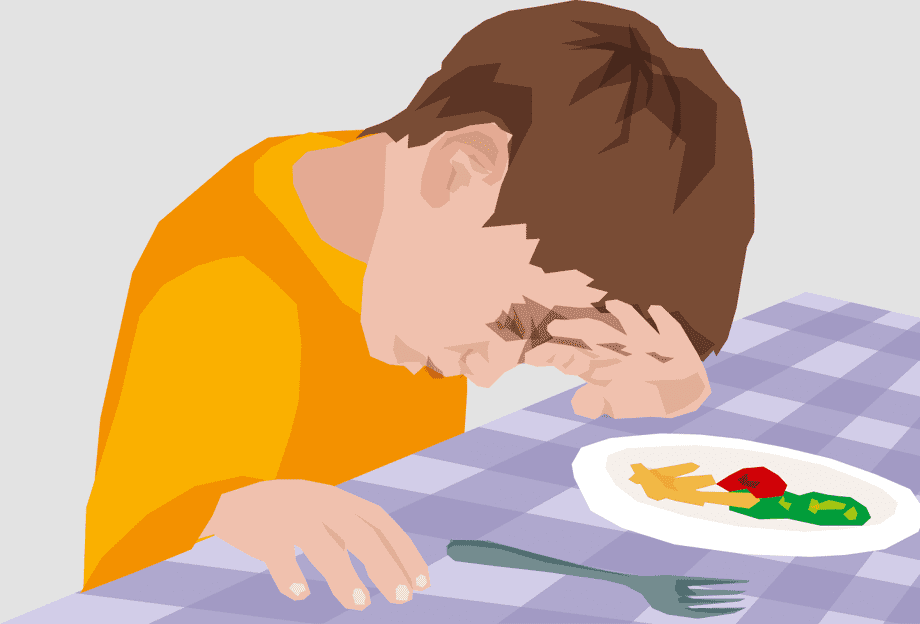
CHILDREN
Vomiting
Abdominal pain
Chest pain
Heartburn
Nausea
Cough
Reduced appetite
Dysphagia
Refusal to eat
Failure to thrive
Choking
Regurgitation
Sleep disorders

ADULTS
Dysphagia
Bolus obstruction
Chest pain
Heartburn
Regurgitation
Symptoms of EoE in children and adults.
In the worst-case scenario, EoE can lead to a piece of food actually getting stuck and cause an obstruction of the oesophagus. This is called food bolus impaction.
In some cases, the food can no longer be coughed up or regurgitated and needs to be removed from the oesophagus by a doctor.
In children, the symptoms are much more varied, and EoE usually manifests indirectly with vomiting, reduced appetite or failure to thrive. That often makes a correct diagnosis difficult and can delay it significantly. In some cases, it can take years after symptoms first occurred.
You should seek medical advice if you or a family member has experienced the symptoms described above for some time.
In addition, certain avoidance strategies have been observed, especially in adolescents and adults. They include:
- Avoiding certain, usually solid, foods or even eating in public altogether
- Thoroughly chewing each bite and only taking small bites
- Excessive and frequent drinking in order to make swallowing easier
Although these avoidance strategies can have a serious impact on the quality of life, many patients are unaware that they are suffering from a disease of the oesophagus because they have experienced these eating difficulties for a long time without having been diagnosed with the condition.
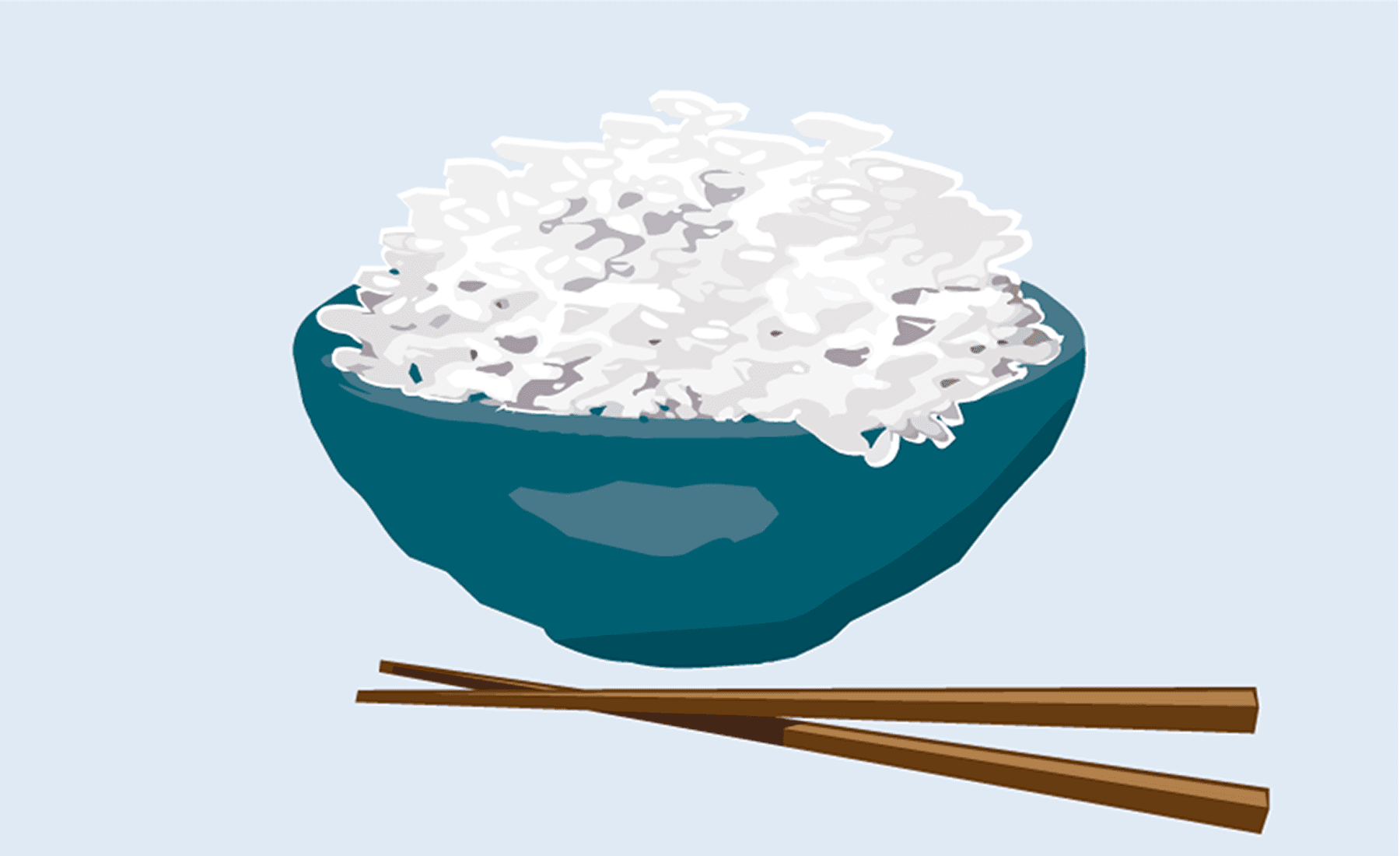
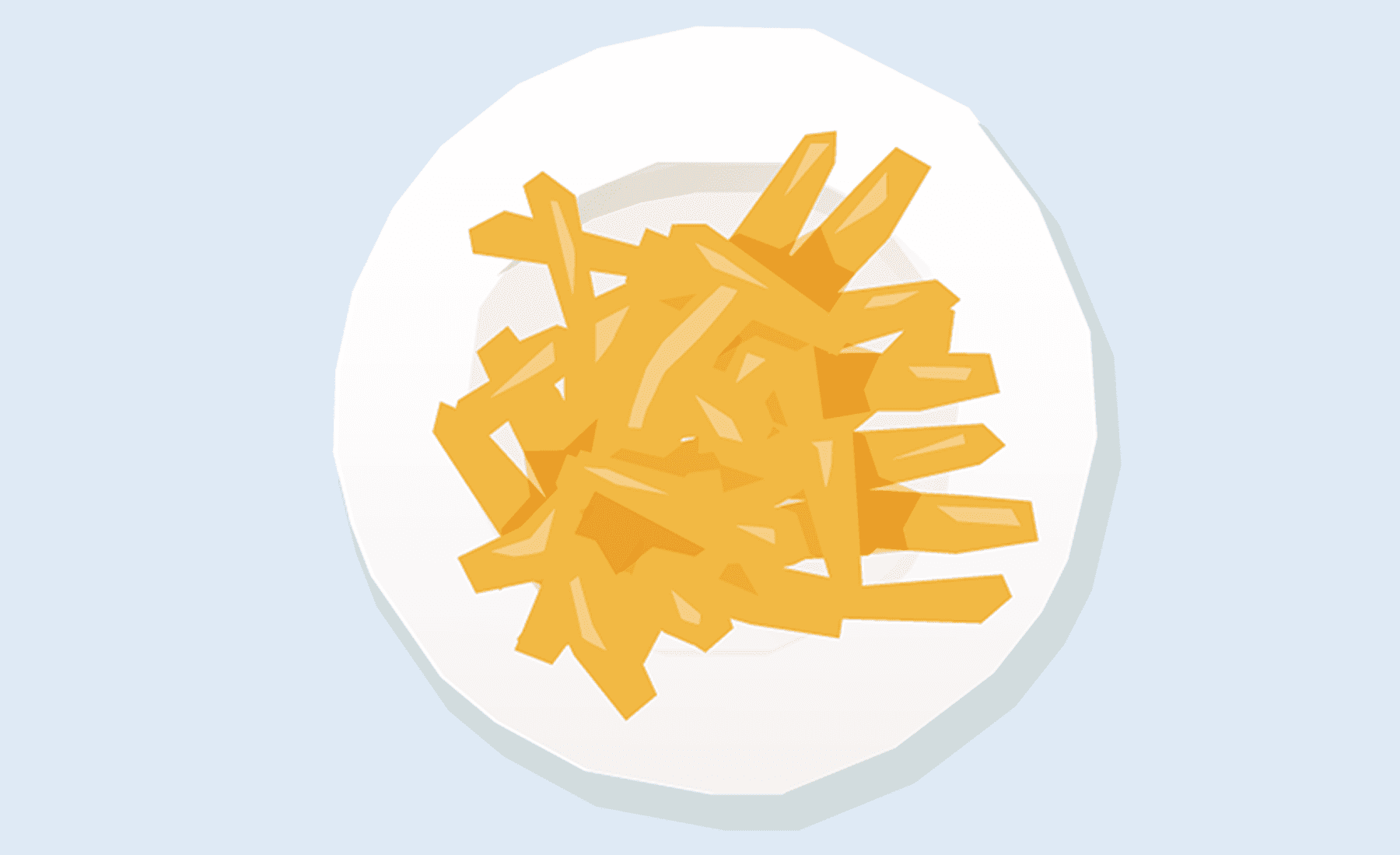
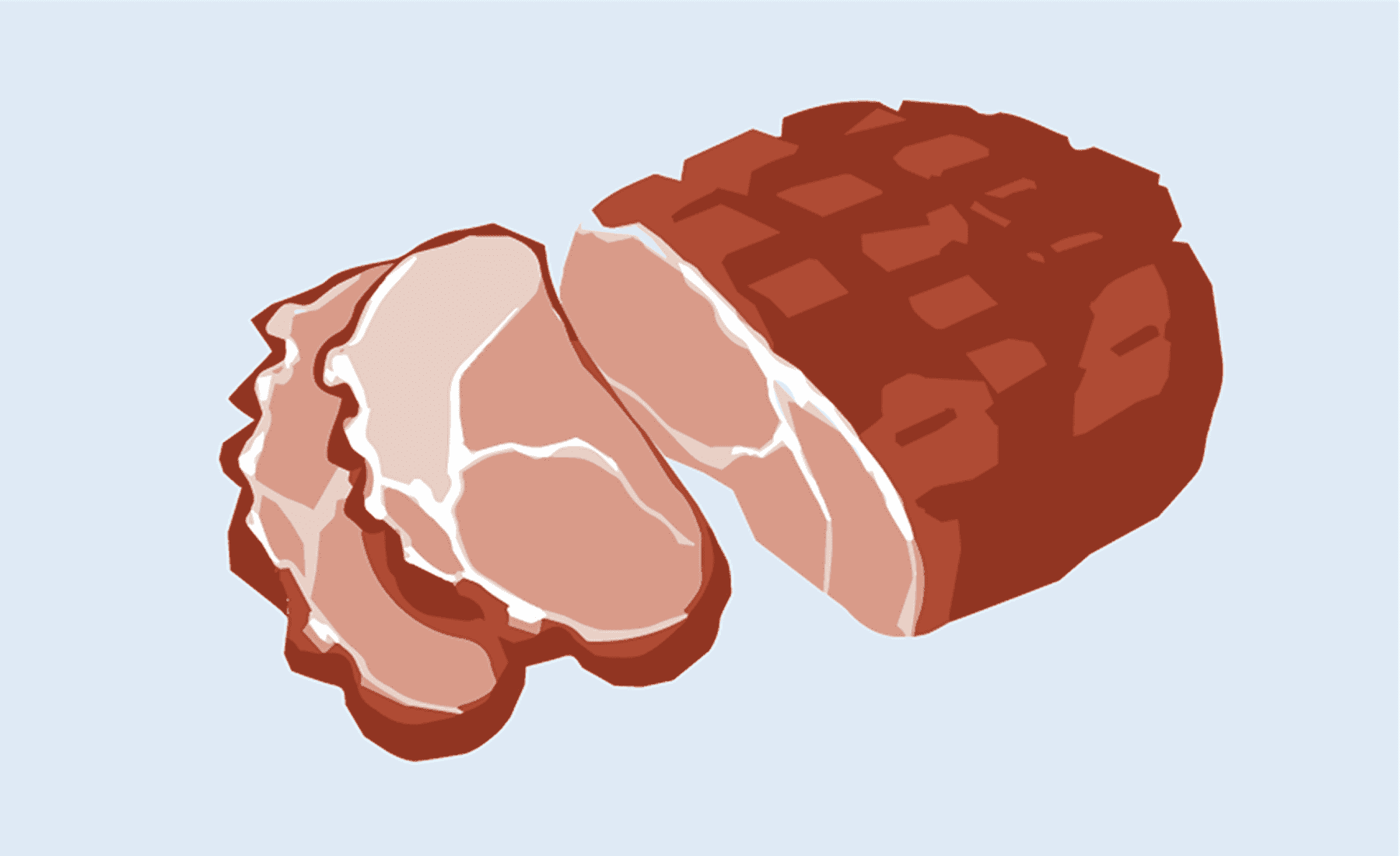
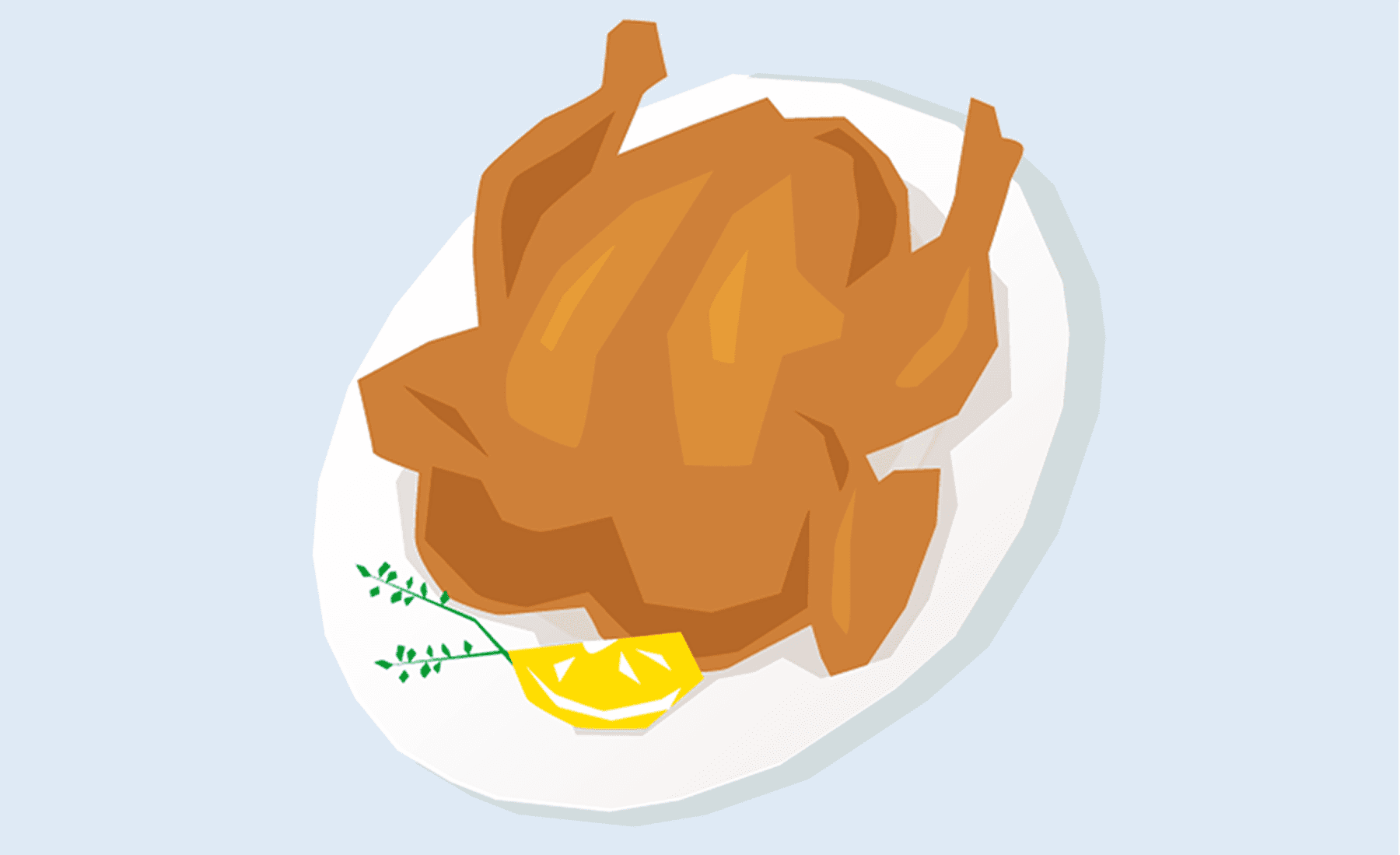
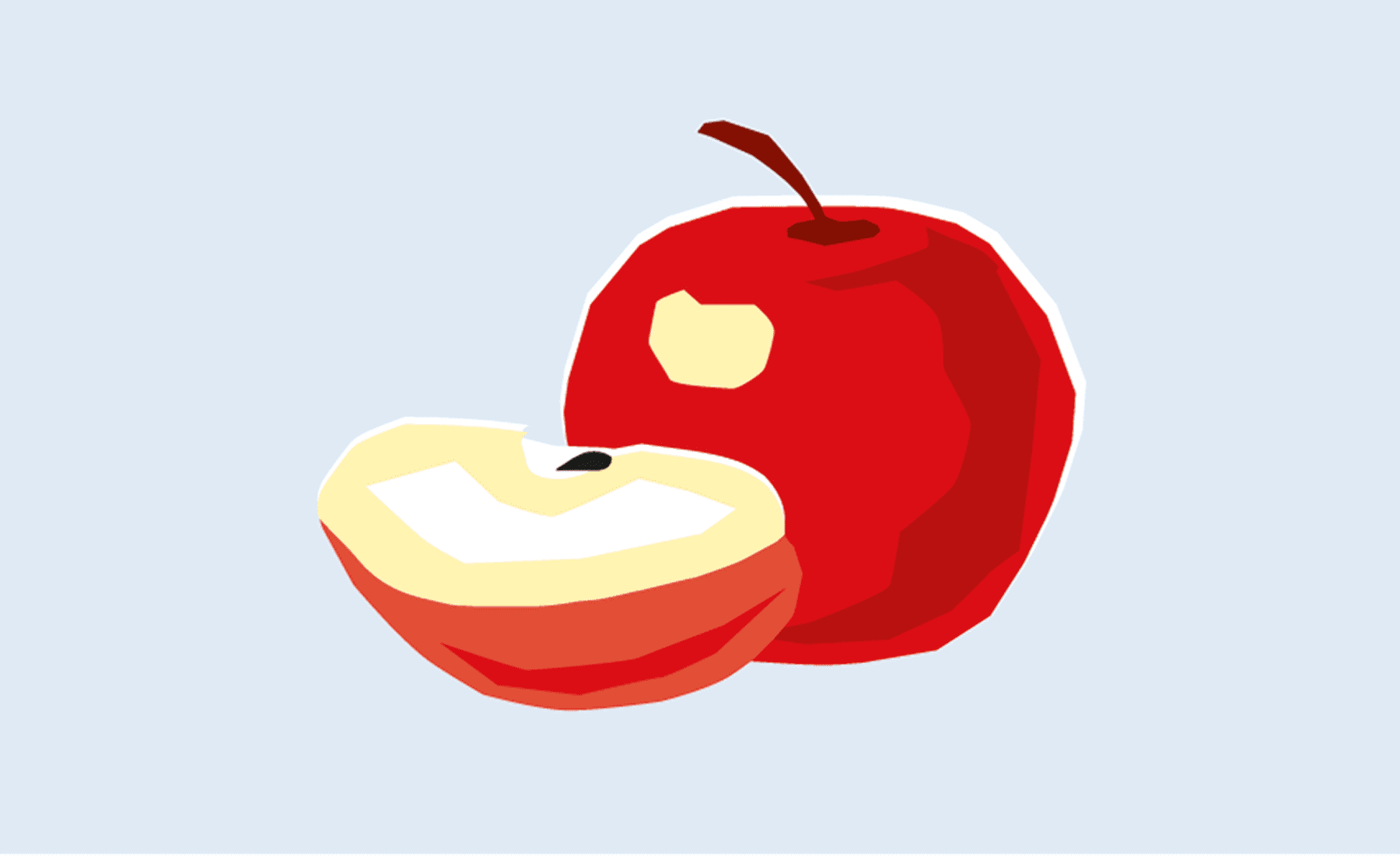
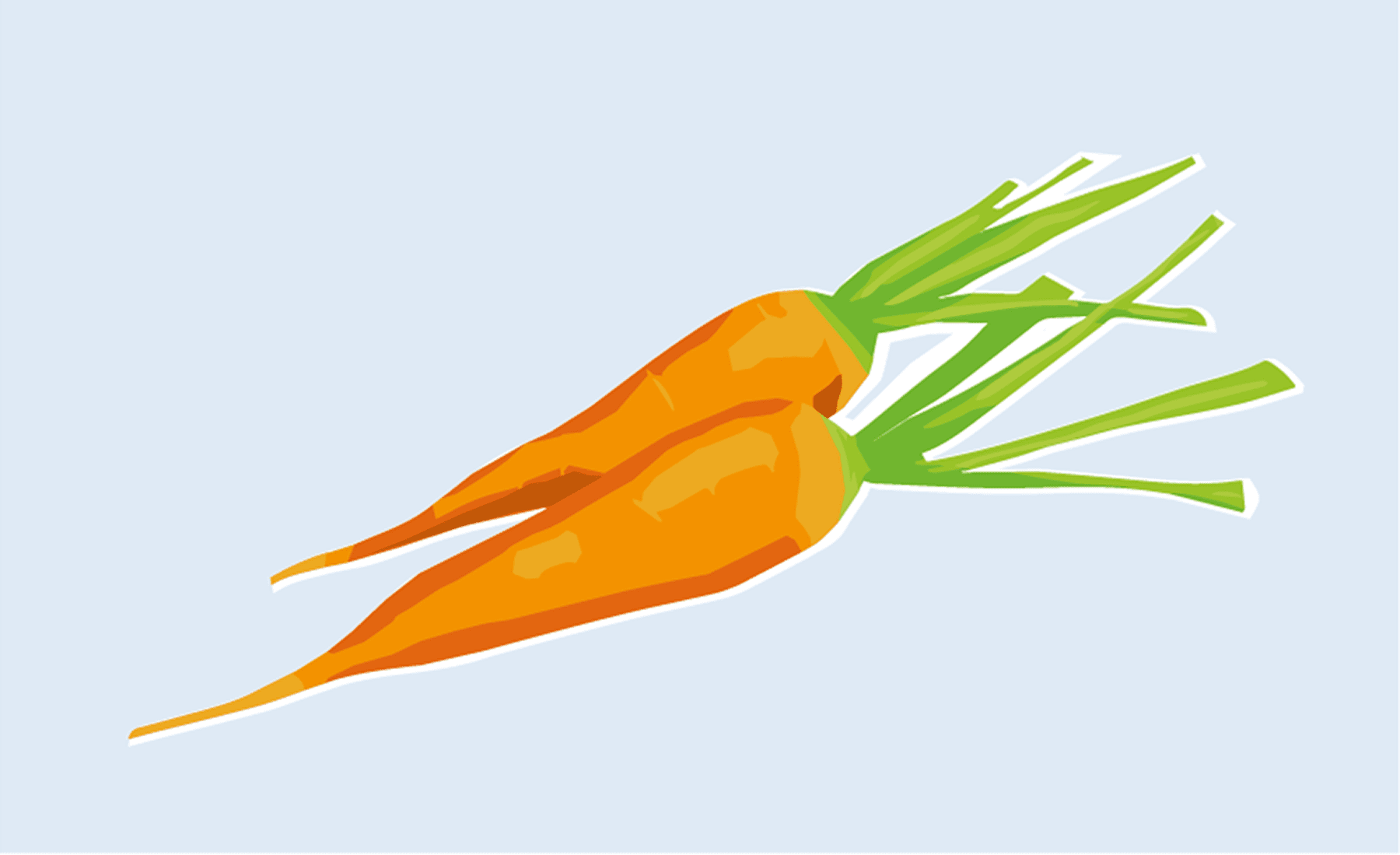
Typical foods that cause difficulty swallowing include dry rice, meat, raw fruit and vegetable (e.g. carrots, apples) or chips/French Fries. This is due to these foods being quite solid, not because they trigger an acute allergic reaction.
In general, EoE has a significant impact on the quality of life of patients and their families alike. Any improvement in symptoms as a result of treatment also brings about measurable improvements in the quality of life.